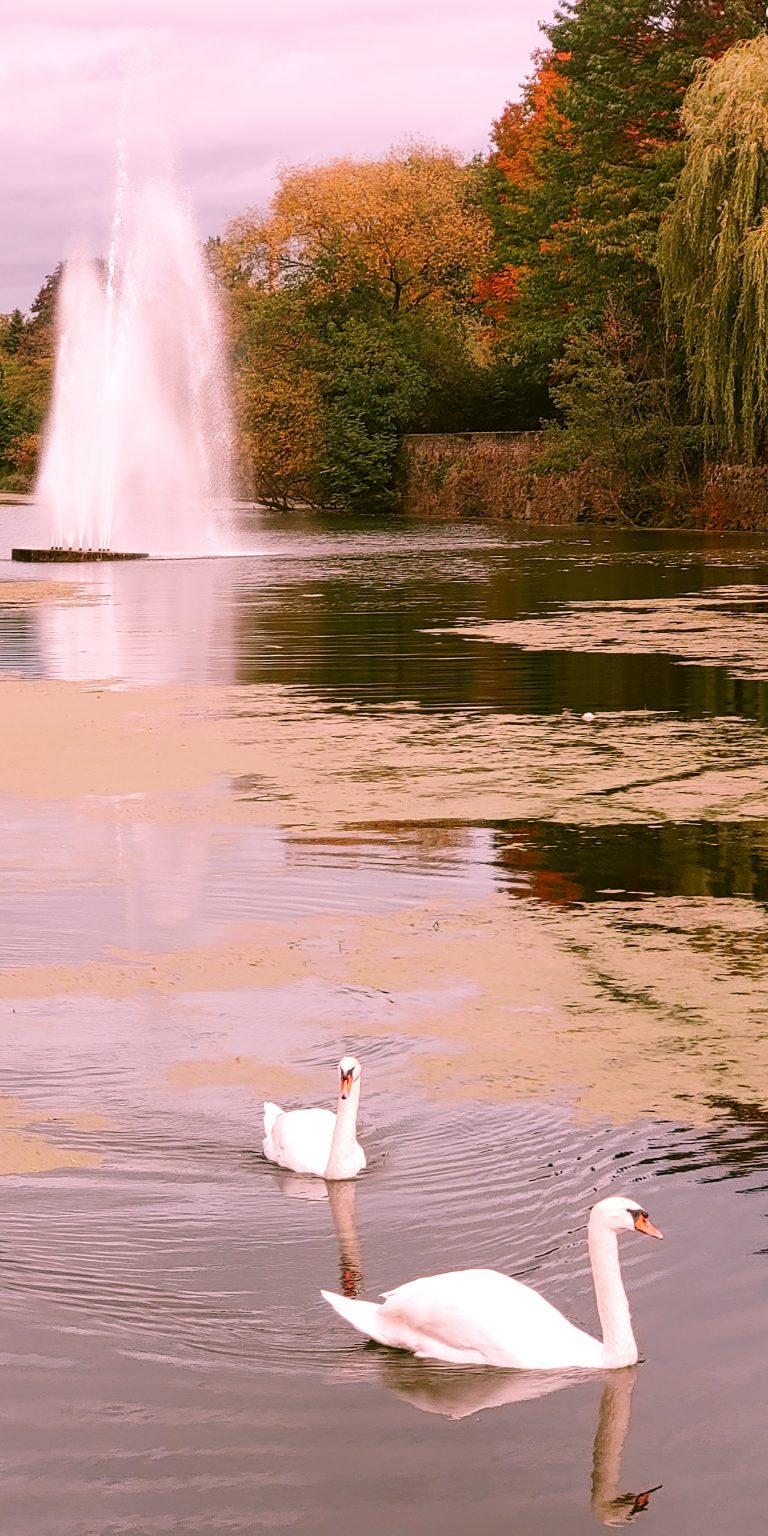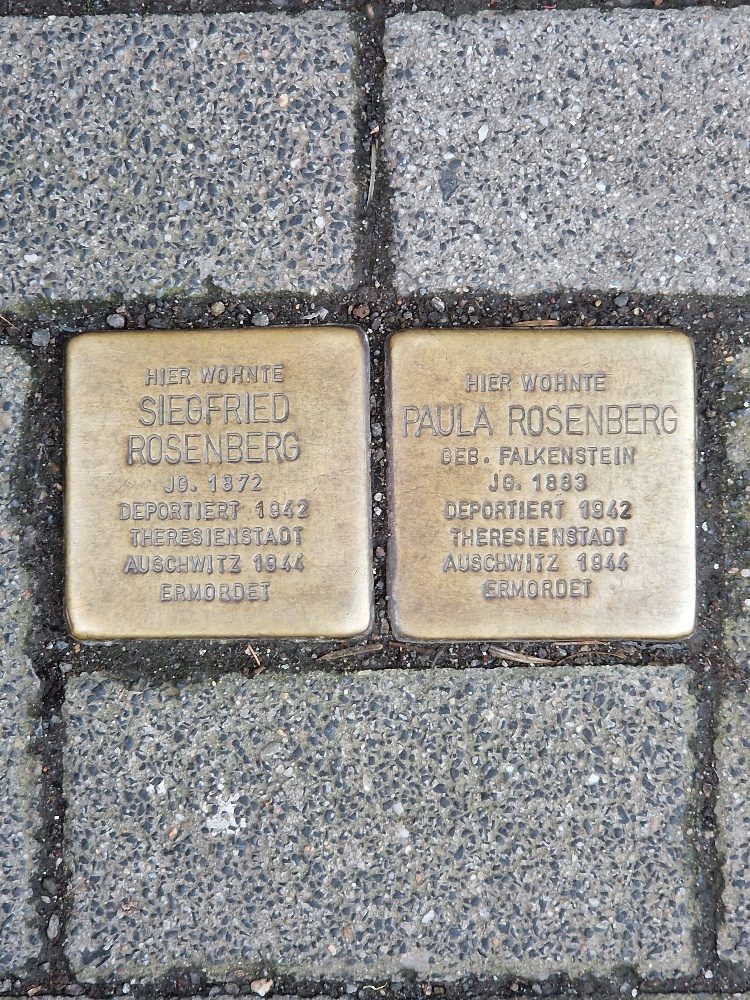When we encounter another individual truly as a person, not as an object for use, we become fully human.
Martin Buber
I don’t trust people who don’t love themselves and tell me, `I love you.´ … There is an African saying which is: `Be careful when a naked person offers you a shirt.´
Maya Angelou
There are two basic motivating forces: fear and love. When we are afraid, we pull back from life. When we are in love, we open to all that life has to offer with passion, excitement, and acceptance. We need to learn to love ourselves first, in all our glory and our imperfections. If we cannot love ourselves, we cannot fully open to our ability to love others or our potential to create. Evolution and all hopes for a better world rest in the fearlessness and open-hearted vision of people who embrace life.
John Lennon
i am not a hotel room. i am home
i am not the whiskey you want
i am the water you need
don’t come here with expectations
and try to make a vacation out of me
Rupi Kaur, Milk and Honey
During the First World war, the German Hasidic Mystic, Martin Buber, began writing his most famous work, Ich und Du – published in English as I and Thou. In this book he postulated that human existence is essentially interpersonal. Human beings (not human doings, or havings) are subjects existing in ongoing, multiple, ever-changing relationships with the world, other people, and ultimately, with their image of `The Source´, not isolated, free-floating objects.
In this context, he argues, there are two basic modes of existence: The I-It, and the I-Thou. In I-It mode, the other is approached as an object separate from myself. This perception leads to the instrumentalization of that which is perceived. The object is engaged primarily as something to be known through the lens of my own judgement and/or used in the pursuit of the agenda of my ego.
In this I-It interaction, engagement with the other in its entirety is not possible, as the egoic judge has already identified and isolated the fragments most useful to the utility agenda.
The I-Thou mode, on the other hand, is a manifestation of the realisation that, since all of Creation has emanated from the same single divine source, and therefore one, (or in the words of Osho: `Not Two´), the subject-object dualism is merely an illusion. In truth, our being is imbued by the divine interconnectedness best articulated in my favourite interpretation of the meaning of the Sanskrit term, Namasté, as follows:
I honour the place in you in which
The entire universe dwells.
I honour the place in you which is
of love, of truth, of light, and of peace.
When you are in that place in you and
I am in that place in me,
We are one.
I have fond memories of my – sadly already departed – friend and mentor, Gerhard, concluding many a healing workshop with those exact words. They have left a lasting impression on me.
In the light of Martin Buber’s insights, a new question raises its head for me in my own inner work and vocation as a coach. What if, in our inner dialogue, we have taken up an I-It stance towards ourselves? The concept is not far fetched, if we consider how ubiquitous this stance is to be found in the various cultures of the human species. Capitalism is one of the most glaring examples of I-It, and may result in the destruction of our host, Mother earth, if we do not find our way towards a more benign approach towards each other and the rest of creation, in recognition of out `One-ness´.
If it is indeed the case that our own intra-relationship has degenerated to the I-It mode – something I personally experienced increasingly as the midpoint of life approached – , the rectification of this has got to be a top priority if we are to heal and evolve, individually and collectively.
Buber provides us with some concrete examples: `Marriage, for instance, will never be given new life except by that out of which true marriage always arises, the revealing by two people of the Thou to one another. Out of this a marriage is built up by the Thou that is neither of the I’s. This is the metaphysical and metapsychical factor of love to which feelings of love are mere accompaniments.´
The mental fitness programme of `Positive Intelligence´ (PQ) which I began to practice on a daily basis at the beginning of this year, tackles precisely that issue. It is our daemons, our `Saboteurs´ which prevent us from recognising out true `Sage’ essence, that which we can see in the bright eyes of every infant we encounter, including the one within each of us. By turning down the volume of the Saboteurs and strengthening the powers of the Sage (Empathy, Explore, Innovate, Navigate, and Activate) we get better at recognising out true essence and the heritage we share with all of creation.
We are also less likely (but alas never become immune) to be hijacked into the perceived fragmentation which characterises the world of the Saboteurs. These include such archetypes as the Judge, Hyper Rational, Controller, Stickler, Pleaser, Victim, Avoider, Hyper Achiever, Hyper Vigilant, and Restless.
In this mental fitness programme, with daily exercises provided by means of a powerful and easy-to-use PQ-App, we need to train only three muscles: The Saboteur Interceptor, The Sage Enhancer, and the so-called Mind Control muscle, the one that enables us to switch from Saboteur to Sage mode in real time. These exercises are, for the most part, short body-based exercises which help us return to and remain in the present moment. Until we get carried away to past or future again, that is.
`True beings are lived in the present, the life of objects is lived in the past´, writes Martin Buber.
The repetitive nature of the training is similar to the way we train our physical fitness in the gym. We know from this experience that neglecting to engage in regular practice will result in the degradation or indeed loss of fitness, over time. Daily practice since the beginning of the year and my engagement in the 12-month training programme for PQ coaches have made a world of a difference in my life. I am beginning to experience the benefits of a life lived more frequently in I-Thou, a life lived in line with my true Self.
As we read in Shakespeare’s Hamlet, Polonius’s last piece of advice to his son Laertes is as follows:
This above all: to thine own self be true,
And it must follow, as the night the day,
Thou canst not then be false to any man.








